Symposium 2022
Our II international Symposium on Social Interactions in Inclusive Settings happened on the 5-6th of May 2022, and it gathered over 100 participants an amazing group of scholars. Check them out!

Kristen Bottema-Beutel
Kristen Bottema-Beutel brings to the Lynch School expertise in autism, a complex topic gaining increasing public attention. She is interested in pairing qualitative and quantitative methods to better characterize autistic communication, language, and sociality, and in developing school-based strategies to support meaningful engagement of autistic students. More recently, she has explored meta-science topics such as researcher ethics and research quality in intervention research for autistic children. She has authored numerous publications on autism and related topics, regularly presents her work nationally and internationally, and is a deputy editor of Autism in Adulthood.
Dr. Bottema-Beutel is the director of the master’s level autism specialization, a program that prepares future special educators to support autistic students, and is the chair of the Ph.D. program in Curriculum and Instruction.
She earned her master’s degree from San Francisco State University and her doctorate from University of California, Berkeley and San Francisco State. Before joining the Lynch School in 2013, she was the IES Postdoctoral Fellow in Special Education Intervention Research at Vanderbilt University in the Department of Special Education.
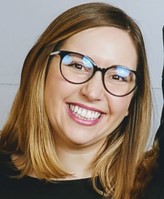
Stacy Gherardi
Stacy Gherardi PhD, LCSW is an Assistant Professor of Social Work at New Mexico State University living in Albuquerque, New Mexico. Her experiences as a classroom teacher and a school social worker inform her work, which focuses on the intersections between social and educational policy. Her research has explored models for school social work, inter-professional practice in school mental health, and the community school movement. Her current work is largely focused on creating, implementing, and evaluating social justice-oriented trauma-informed practices in culturally diverse schools.
Stacy will talk to us about Trauma-informed practices as inclusive practices: Imperatives, intersections, and emerging questions
Trauma-informed practices which respond to the social, emotional, and neurological needs of students impacted by trauma are an area of significant attention in the US and increasingly across the globe. They have been framed as a “social justice imperative”, critical to the inclusion and success of students who bring these experiences to school. However, the question of whether trauma-informed practices should be seen as specialised supports for impacted individuals/groups or treated as approaches to educational and social reform remains. This session will explore the necessity of trauma-informed practices, their intersections with inclusive education, and emerging questions in this field.
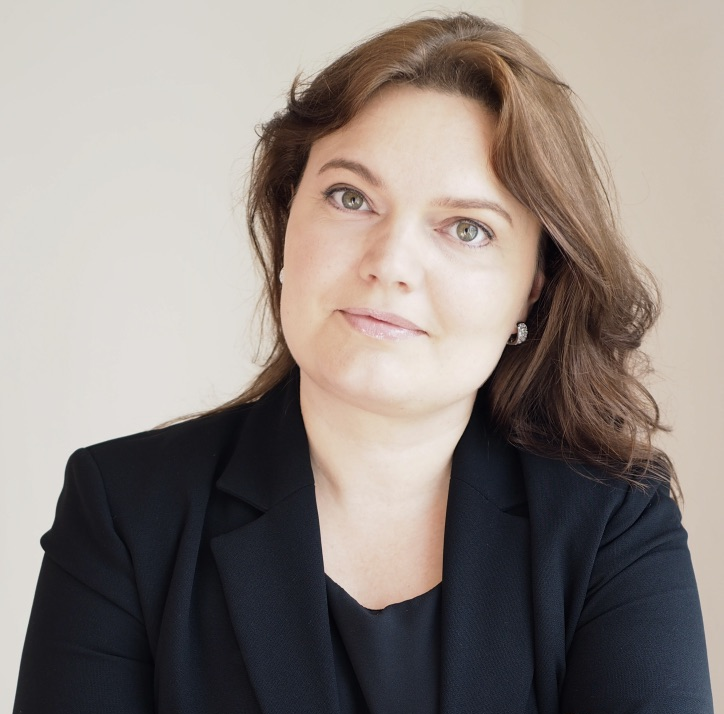
Heidi Harju-Luukkainen
Heidi Harju-Luukkainen is a professor of early childhood education at Tampere University, Finland, and a professor in education at Nord university, Norway. She holds a Ph.D. in education, special education teacher qualification, and qualification in leadership and management from Finland. She has published more than 200 international books, journal articles, and reports as well as worked on more than 30 projects globally. Harju-Luukkainen has worked at top-ranked universities in the USA like UCLA, USC as well as in many Nordic research universities. She has developed education programs for universities, been a principal investigator of PISA sub-assessments in Finland, and served as a board professional. Her research areas are early childhood education, justice in education, and international student assessment.
Heidi brings to the event a interesting talk on Linguistically Strong ECEC in the Nordic Countries – Challenges and Possibilities for the Future
A widely agreed notion today is that bilingualism and multilingualism are important capital in the globalized world. In all of the Nordic countries, we have seen a rapid increase in the number of different languages spoken in early childhood education contexts. Being able to speak different languages enables wider communication and understanding across countries and people. However, there is a variance in how different Nordic countries support early language learning, which may reflect ideological differences toward languages and language learning. In this presentation, I take a closer look at the different possibilities children have in the Nordic countries to acquire languages in early childhood education. I present some of our recent findings when it comes to instructional practices teachers use to support children’s language acquisition in immersion education and indigenous South Sámi language settings. The results are based on two separate studies conducted in Finland and Norway. Practices presented are applicable also outside immersion or indigenous settings.
Method experts

Myrte Gosen
Myrte Gosen is an Assistant Professor in Communication and Information Studies at the University of Groningen, the Netherlands. She received her Ph.D. from the same university in 2012. Her Ph.D. dissertation is titled Tracing learning in interaction. An analysis of shared reading of picture books at kindergarten shows a research interest in the interface between education and communication. She has a particular interest in classroom interactions in relation to knowledge and she uses the qualitative methodology of conversation analysis to identify the fundamental structures and practices in interaction that are related to knowledge construction.
Myrte will offer a great opportunity for learning Conversation Analysis applied in the context of classrooms

Nicolás Alessandroni

Natália Costa
Natália Costa is an Associate Professor (førsteamanuensis) at the Department of Early Childhood Education at the Oslo Metropolitan University (Oslomet) in Norway. She received her PhD. from the University of São Paulo (Brazil) in 2021. Her dissertation focused on the trajectories regarding babies’ locomotor exploration developed throughout early transitions to ECEC. Her work is underpinned by a cultural-historical perspective (Network of Meanings) that approaches development as a process that is co-constructed among persons through the establishment, negotiation, and transformation of interactions and meanings across cultural and historically situated contexts.
Natália’s methods session will cover the methodology of Micro genetic analysis of social interactions.
This methods session addresses the micro genetic analysis particularly when applied to video-based data as a tool for process-oriented inquiries that aim to grasp relational and semiotic spheres interwoven into action observed in everyday life contexts. We will be looking at micro relations among young children and between children and adults. This methodology provides a rich and interesting analysis of social, environmental, and developmental aspects of interaction.
Coordinating the symposium
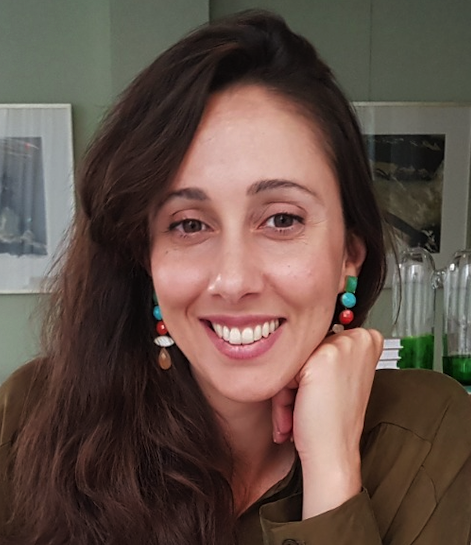
Juliene Madureira Ferreira
Juliene M. Ferreira works as an assistant professor (tenure-track) in the faculty of education and culture at the Tampere University. She is an educational psychologist with eight-years work experience in the department of psychology of a university teacher training school in Brazil. She holds a PhD in developmental psychology and a PhD in education, both crossing the fields of Inclusive Education and Early Childhood Education. In her postdoctoral study, she investigated the sociability and the construction of collaboration in different interactive situations, such as among children with disabilities and children with typical development in early childhood education, and among students in upper secondary schools in Brazil, Chile and Finland. In her studies, collaboration has been investigated under an embodied perspective, which evidences the non-verbal communication as an essential structure of intersubjectivity. In her current research, Juliene continues to focus on peer interactions, learning and development, now incorporating physiological data into the analysis of social interactions.
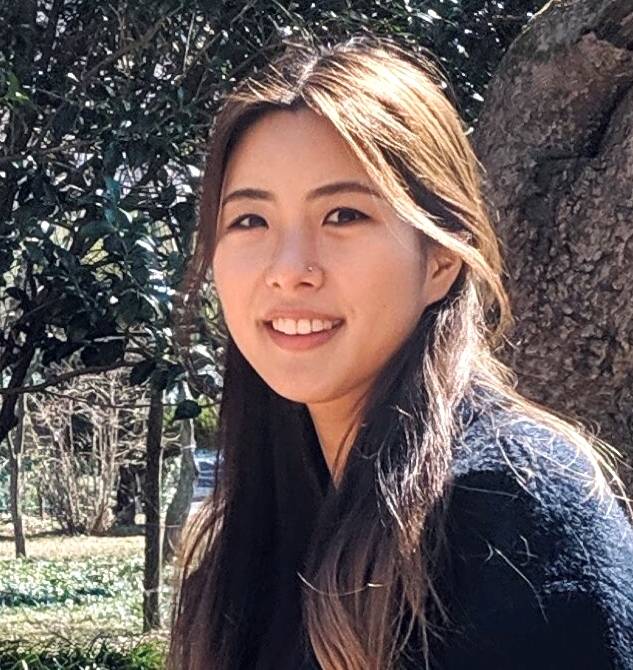
Samin Lee
Samin Lee‘s vision is to improve the quality of early childhood education services for children and their families. In her thesis, she researched the communication strategies and the nature of multicultural family-school partnerships by using the qualitative methodology of (digital) conversation analysis. Her interests include continued development, social interaction, diversity, and inclusiveness. She also runs the podcast “Early childhood education from Finland,” with an aim to bring Finnish pedagogical practices to the Korean educator community.
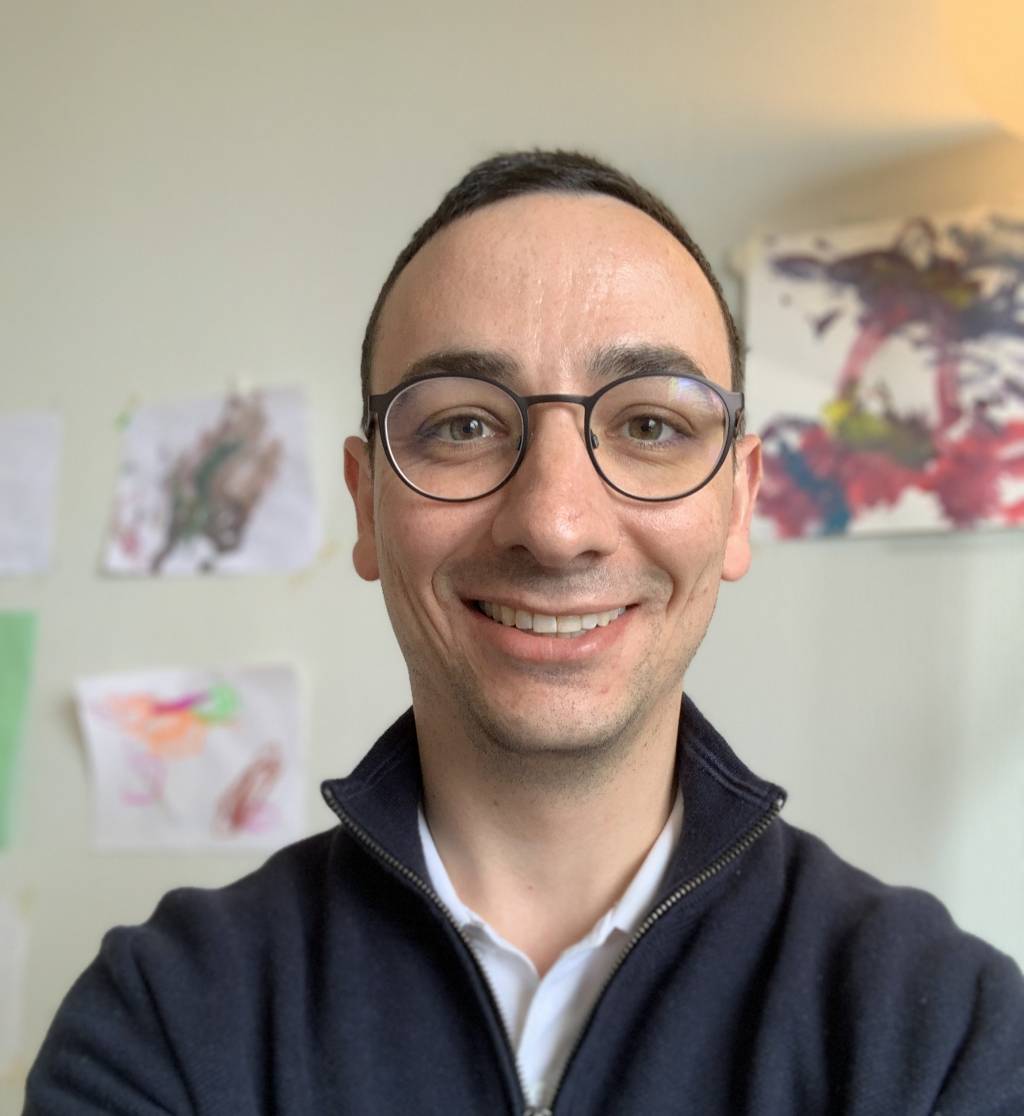
Harry Quedenfeld
Harry Quedenfeld is finishing his M.A. in Teaching, Learning, and Media Education. His thesis focuses on the current state and potential of using physiological data in the educational research. He is also part of an on-going project that explores the interplay of visual attention and bodily actions in live and online collaborative situations. Broadly, his future research plans to unpack the relations between the cognitive, affective, metacognitive, motivational, and/or social processes of collaboration and bio-physiological data.
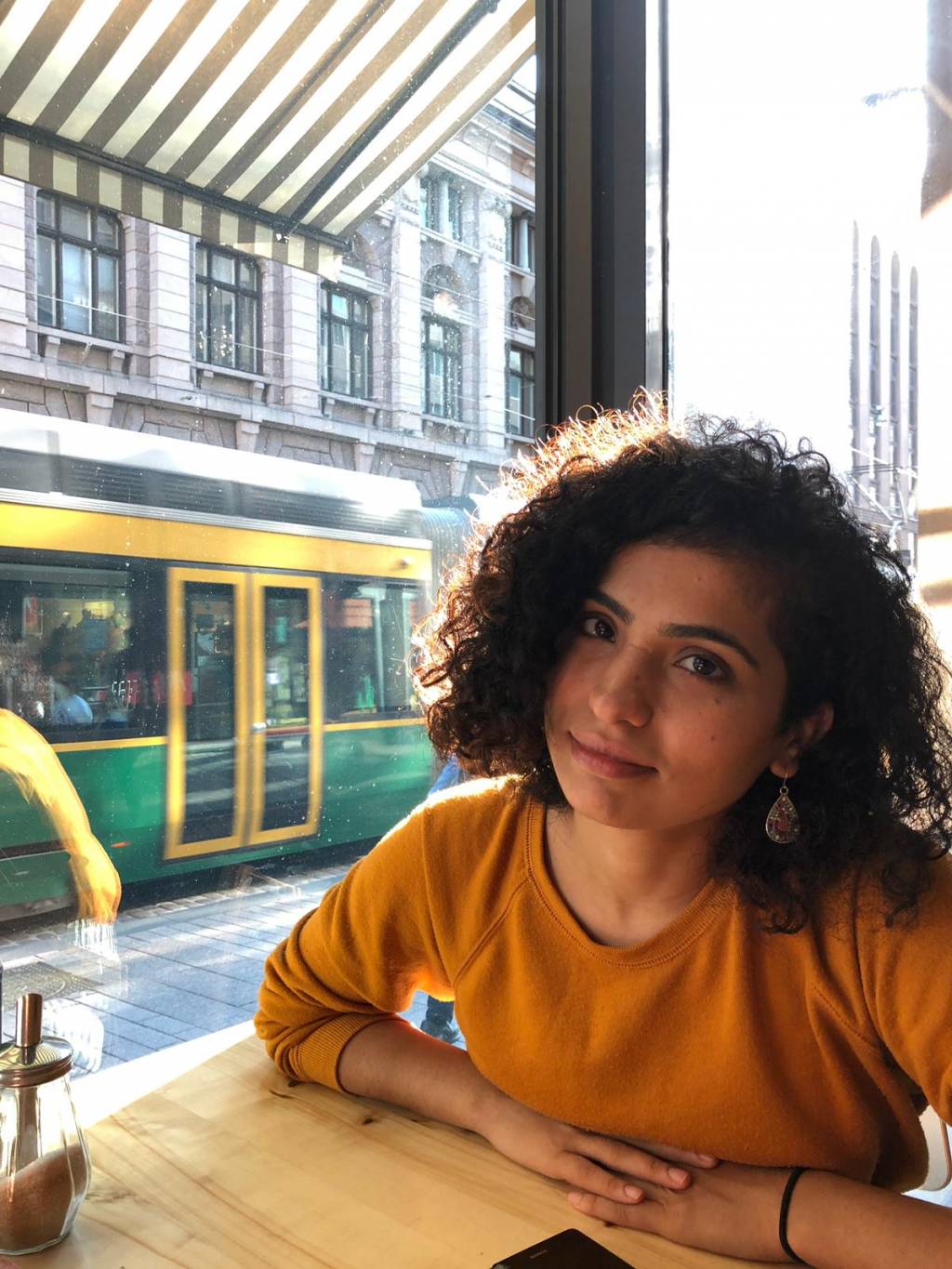
Sumera Sheikh
Sumera Sheikh is a Master’s student in Teaching, Learning, and Media Education. Her interests lie in education technology, health education, and mobilization of education in developing countries. She intends to bring elements of the Finnish education system and pedagogical methods to developing education systems like Pakistan.
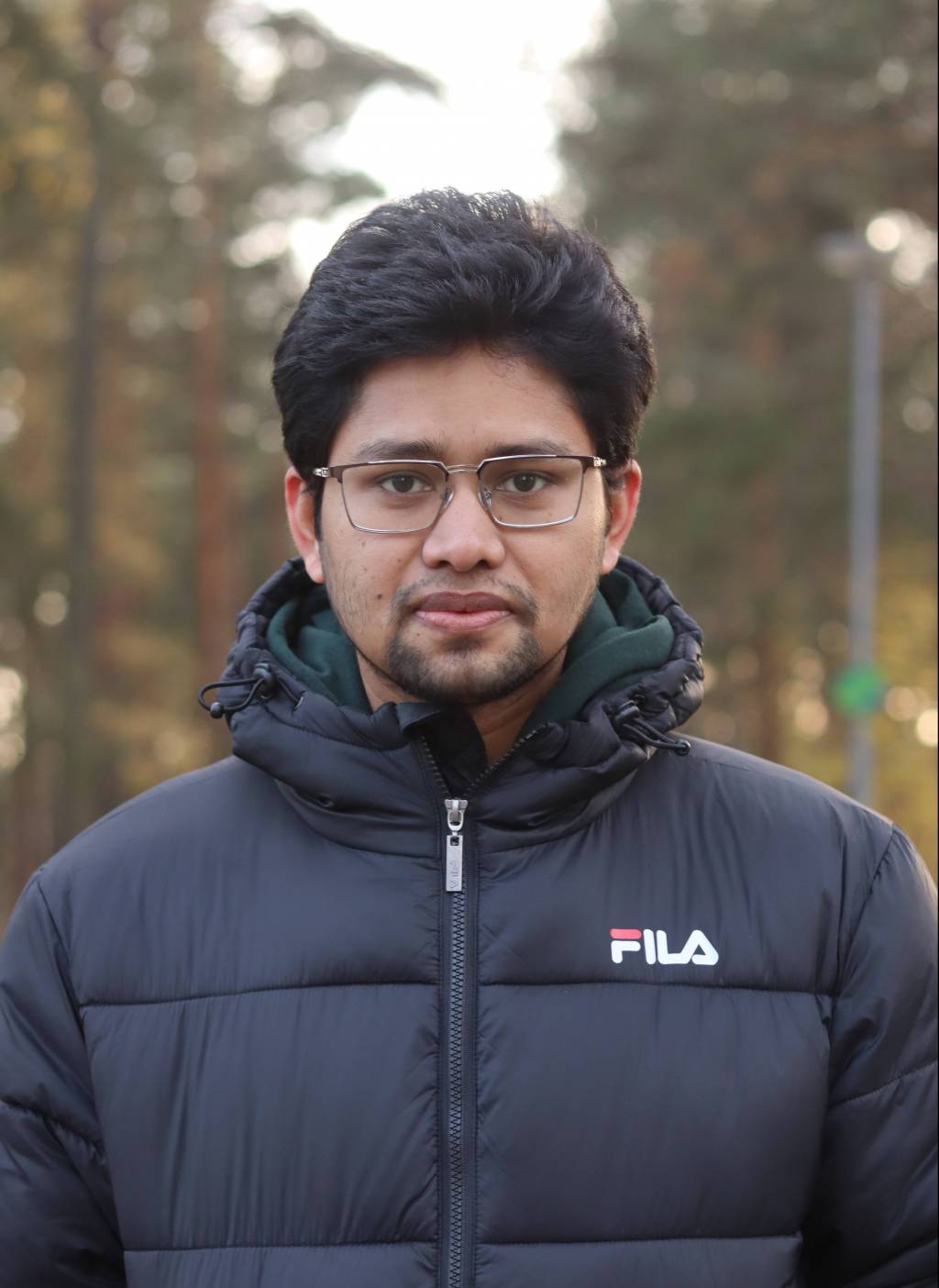
A K M Fozla Rabbi
A K M Fozla Rabbi is a master’s degree student in the Teaching, Learning, and Media Education program at Tampere University. He previously studied Master’s and Bachelor’s of Education focusing on ‘Special Education’. He has worked with organizations in Bangladesh that are promoting quality and inclusive education in South Asia. He is working on the ongoing project ‘Building sense of agency learning with children in special education: An embodied approach’ as part of his master’s thesis.
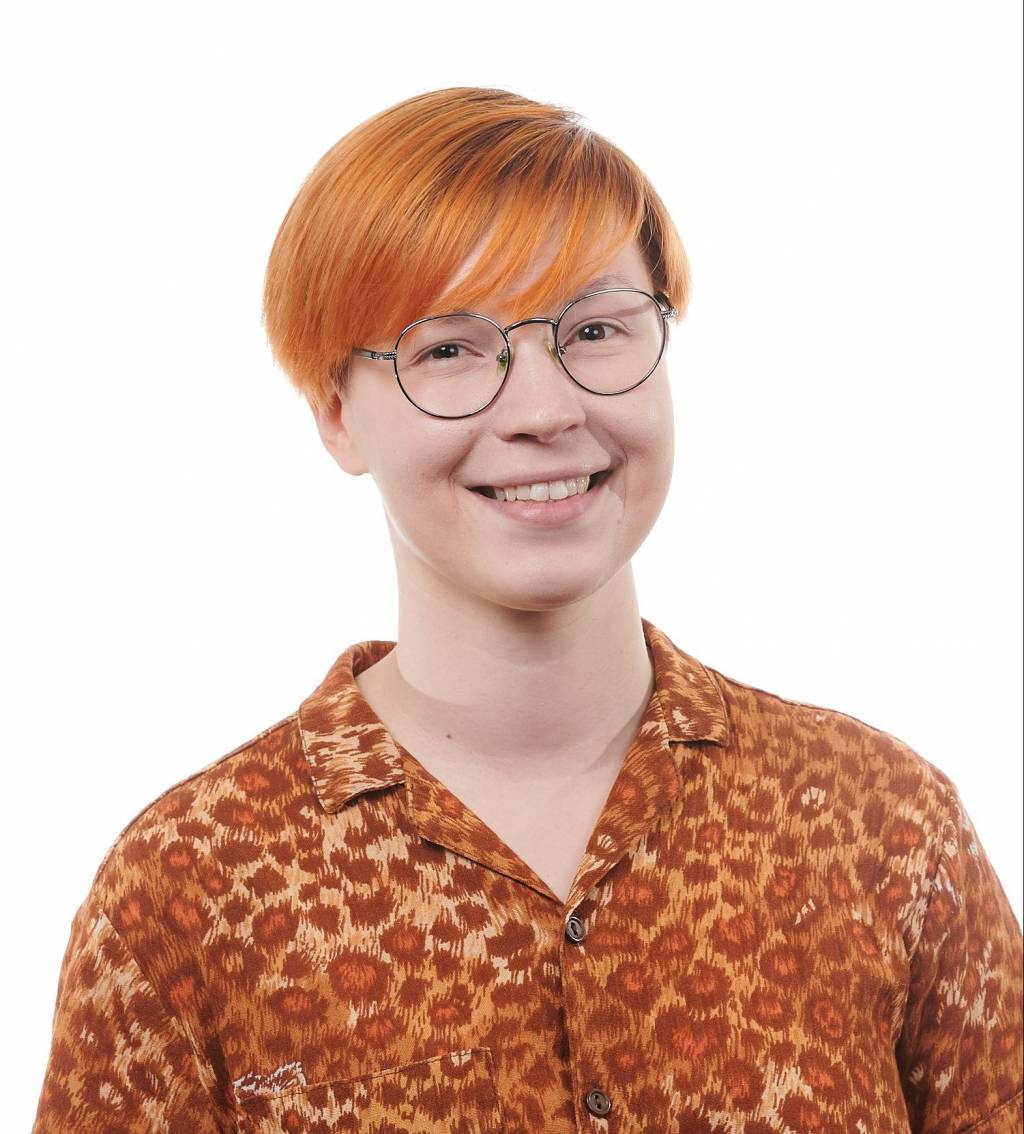
Eerika Rouvinen
Eerika Rouvinen studies in the Doctoral Programme of Education and Society at Tampere University. In her ongoing doctoral study, she focuses on the early childhood education [ECE] teachers’ professional well-being and turnover. She examines quantitatively what kind of well-being factors buffer or encourage ECE teachers to leave the ECE field.

Senja Mankinen
Program 2022
FIRST DAY – 5th of May 2022
Opening of the event – 10:00
Juliene Madureira Ferreira and supporting team.
Open talk 1 – 10:30 – 11:30
Prof. Heidi Harju-Luukkainen from the Faculty of Education and Culture at Tampere University will be talking about “Linguistically Strong ECEC in the Nordic Countries – Challenges and Possibilities for the Future”
Lunch break
Method session 1 – 13:00 – 15:00
Associate prof. Natalia Santos, from Oslo Metropolitan University
Theme: Micro genetic analysis applied in the analysis of social, environmental, and developmental aspects of interaction in ECEC. (max 20 participants)
Open talk 2 – 16:00 – 17:00
Assistant Prof. Stacy Gherardi from the Department of Social Work at the New Mexico State University, USA , will be talking about “Trauma-informed practices as inclusive practices: Imperatives, intersections, and emerging questions”.
SECOND DAY – 6th of May 2022
Method Session 2 – 10:00 – 12:00
Assistant Prof. Myrte Gosen from the University of Groningen, Netherlands
Theme: Conversation Analysis in the context of classroom interactions. (max 20 participants)
Lunch break
Method Session 3 – 13:00 – 15:00
Dr. Nicolás Alessandroni from Concordia University, Canada
Theme: Mixed methods for studying social interactions: challenges and possibilities. (max 20 participants)
Open talk 3 – 16:00 – 17:00
Associate Prof. Kristen Bottema-Beutel, from Lynch School of Education, Boston College, USA will be talking about Interactions among children on the Autism Spectrum Disorder.
